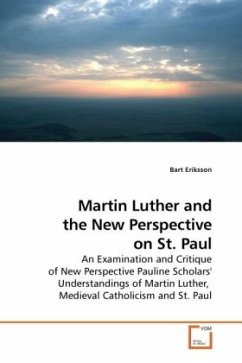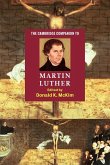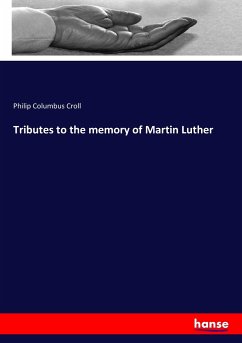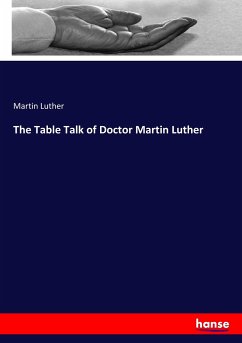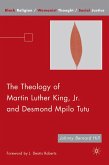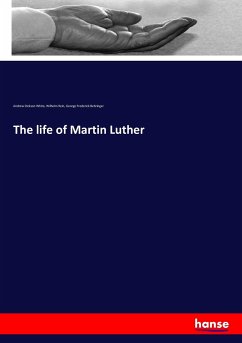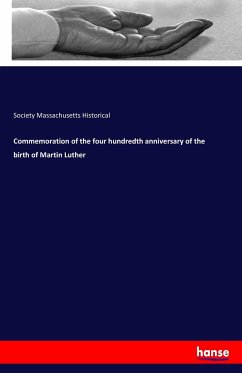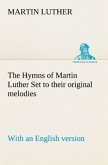In recent decades, New Perspective Biblical scholars have challenged the Protestantism's basic teachings. According to these scholars, Luther thought that both Medieval Catholicism and Judaism focused on good works as necessary for entry into God's covenant community. Therefore, Luther thought that St.Paul's critique of Judaism was similar to his own critique of Medieval Catholicism. However, the New Perspectivists show that in Judaism one enters God's covenant community through grace, and only maintains one's covenant status through good works. Thus the New Perspectivists claim that unlike Medieval Catholicism, Judaism was not legalistic and therefore Luther misunderstood St. Paul's critique. Eriksson defends Luther's discoveries by providing a closer examination of Luther's thought and Medieval Catholic thought. He demonstrates that Luther already knew that both Medieval Catholicism and Judaism taught that one enters God's covenant through grace. The real challenge in both faiths was staying in the covenant after one had entered. And since Luther responds to this latter problem, the Reformation's core message is still valid.
Bitte wählen Sie Ihr Anliegen aus.
Rechnungen
Retourenschein anfordern
Bestellstatus
Storno

